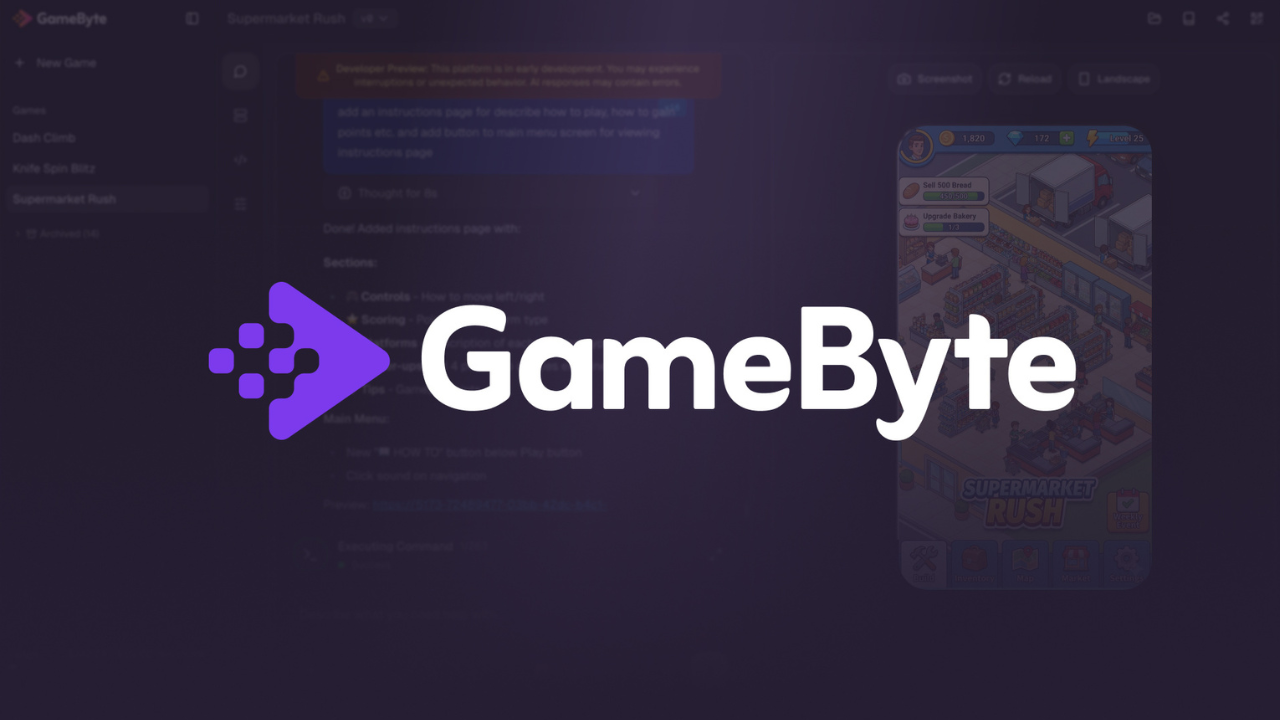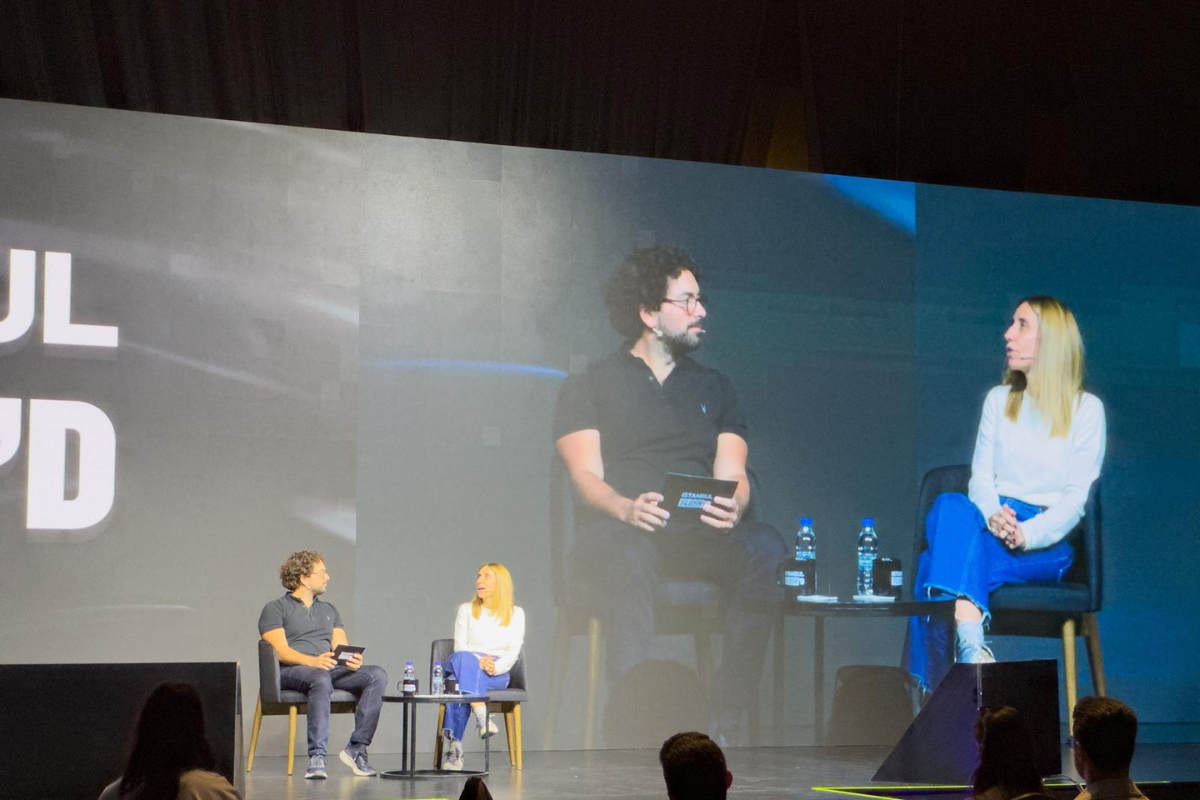At İstanbul Slush’D, the panel “How Türkiye Became a Gaming Hub and Where It’s Going” brought together Enis Hulli, General Partner at e2vc, and Rina Onur Şirinoğlu, Co-Founder and CEO of Spyke Games.
The session outlined how early successes like Peak and Dream Games created a flywheel of talent, capital, and know-how, and examined the industry’s current dynamics and next steps for Turkiye’s role in global gaming.
From a Scrappy Beginning to a Global Force
A decade ago, Turkiye’s gaming industry was defined by its hustle culture — long hours, limited resources, and an abundance of ambition. Studios operated with minimal access to capital, mentorship, or international networks.
Today, the landscape looks dramatically different. Turkish gaming companies have grown into globally recognized players, backed by strong funding, seasoned talent, and proven business models.

The Changing Face of Talent and Recruitment
In the early days, studios often hired young, driven individuals with little to no prior experience, building teams from the ground up.
Now, Türkiye’s reputation in gaming attracts both experienced professionals and ambitious newcomers. Game development has become a respected and desirable career path among top graduates, and local companies benefit from established employer brands that make recruitment far easier than before.
Istanbul: The Beating Heart of Game Development
Istanbul continues to serve as the country’s central hub for talent and technology, while smaller ecosystems are slowly emerging in cities like Ankara and Izmir.
Often compared to a compact version of Silicon Valley, Istanbul’s concentration of studios, publishers, and investors has become a defining characteristic of the national industry. Following major exits from companies such as Peak, Gram Games, and Rollic, gaming firms now rank among Türkiye’s largest and most valuable enterprises.

Exits and Ecosystem Growth
The success stories of major acquisitions validated Türkiye’s gaming ecosystem and fueled the next wave of startups. However, panelists emphasized that gaming remains a cyclical, hit-driven industry. Past success doesn’t ensure future wins.
New studios emerging from post-exit founders face their own cycles of experimentation, competition, and reinvention.
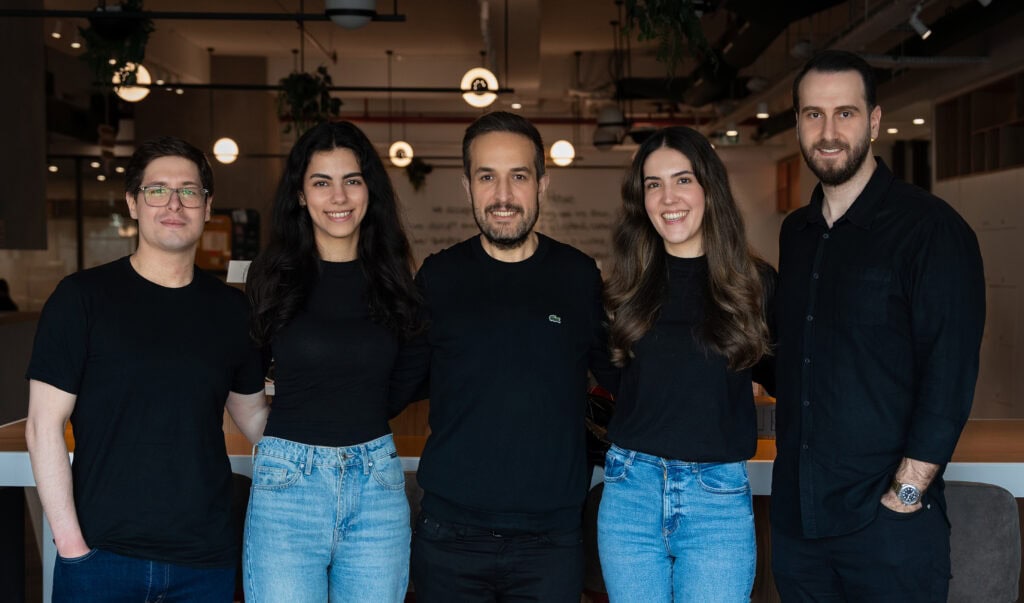
Comparing Games to Other Creative Industries
Gaming now surpasses television, film, and music combined in global revenue. Unlike traditional media, games can evolve after launch — updated continuously through live operations, data analytics, and player feedback.
This iterative process aligns gaming more closely with the app economy, where constant optimization and monetization define long-term success.
Shifts in Development Focus and Genre
Türkiye’s strength has historically centered on mobile, especially puzzle and hyper-casual titles. But the landscape is diversifying: hybrid-casual models and indie PC projects are gaining traction.
While AAA development remains limited due to high costs and long production cycles, more teams are exploring cross-genre innovation and creative risk-taking. The shift from “hyper-casual” to “hybrid” is now seen less as a genre shift and more as a monetization and user acquisition evolution.
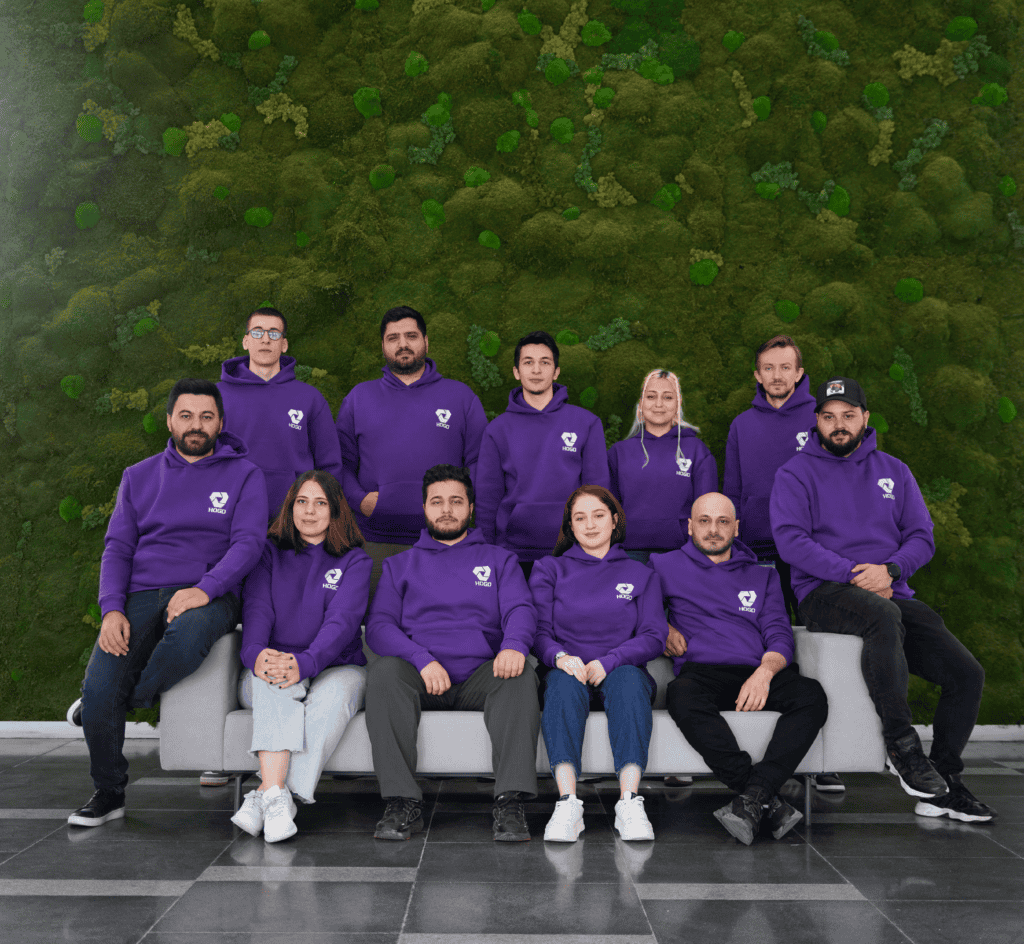
Experimentation and Speed
The panel highlighted that rapid experimentation is the new foundation of success. Instead of long development cycles, studios now test ideas early through playable prototypes and creative marketing. Data-driven iteration — launching fast, learning fast — has become the preferred approach, ensuring that only the most promising concepts scale into full productions.
Investment Landscape and Structural Challenges
Türkiye’s early-stage investment scene is thriving, with robust pre-seed, seed, and Series A funding. However, there remains a bottleneck for large-scale exits and late-stage funding rounds.
Contrary to common assumptions, operating costs in Türkiye are now on par with — or even higher than — many European counterparts, reflecting both inflation and rising salary expectations. Yet, small and collaborative teams continue to deliver outsized results, maximizing output per person.
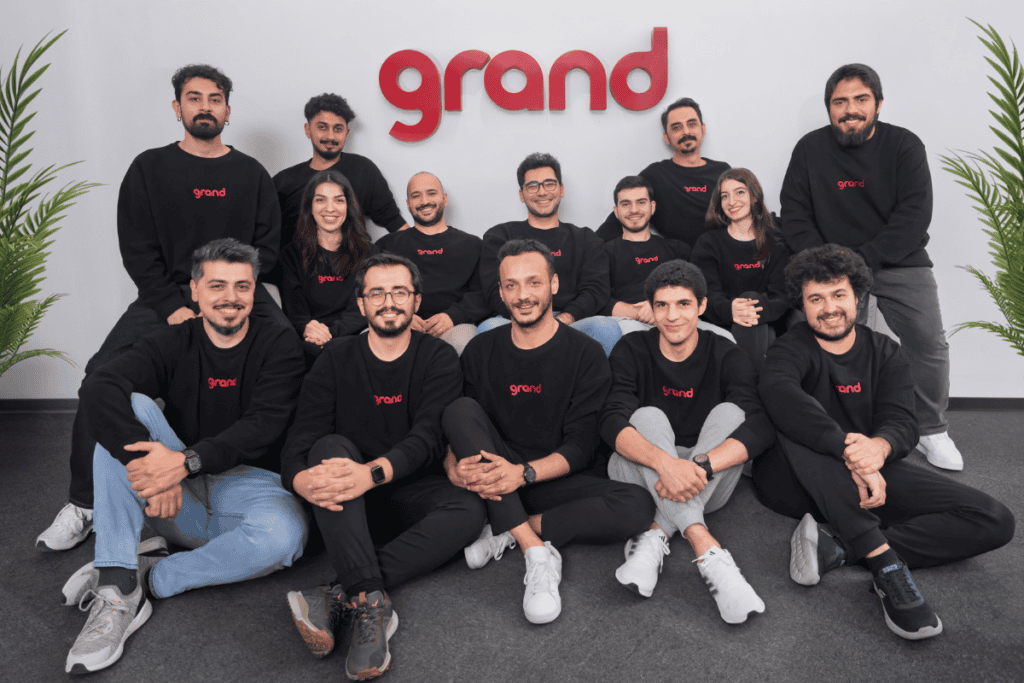
The Role of AI in Game Creation
Artificial intelligence has transformed Turkiye’s development workflows, enabling faster ideation, higher-quality production, and democratized access to tools once limited to big studios.
As a result, execution quality is no longer the main differentiator — innovation and originality are. Teams that combine creative vision with AI-driven efficiency are leading the new frontier of game creation.
A Global Comparison and Cultural Context
Türkiye was compared to Vietnam for its energetic, ambitious, and fast-moving talent base, and to Finland for its growing collaborative and creative maturity. Cultural attitudes — including Türkiye’s adaptability and hunger for progress — continue to shape its unique place in the global gaming map.
Looking Ahead
Türkiye’s gaming industry has evolved from an underdog to a global contender. It has proven its ability to create world-class talent, successful exits, and innovative studios.
As the ecosystem matures, the next chapter will depend on its ability to scale sustainably, diversify genres, and maintain the creative edge that defined its rise.


